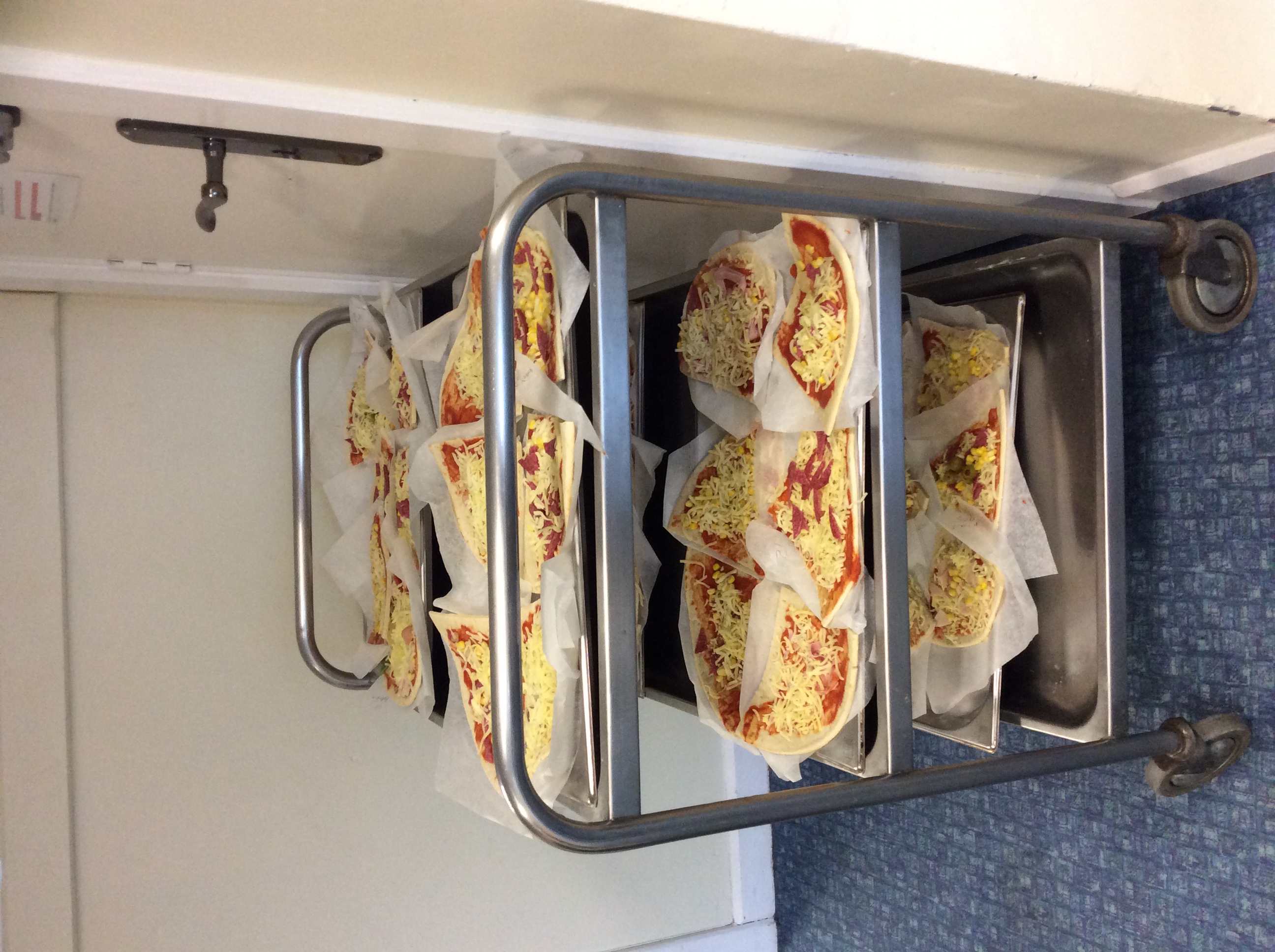Children will:
- Develop the creative, technical and practical expertise needed to perform everyday tasks confidently and to participate successfully in an increasingly technological world.
- Build and apply a repertoire of knowledge, understanding and skills in order to design and make high-quality protoypes and products for a wide range of users.
- Critique, evaluate and test their ideas and products and the work of others.
- Understand and apply the principles of nutrition and learn how to cook.
- Complete units of work based on Design, Make and Evaluate.
- Learn many different skills and develop technical knowledge of the subject.
KEY STAGE 2 REQUIREMENTS FROM THE NATIONAL CURRICULUM
Through a variety of creative and practical activities, pupils should be taught the knowledge, understanding and skills needed to engage in an iterative process of designing and making. They should work in a range of relevant contexts, such as the home, school, leisure, culture, enterprise, industry and the wider environment.
When designing and making, pupils should be taught to:
Design
- use research and develop design criteria to inform the design of innovative, functional, appealing products that are fit for purpose, aimed at particular individuals or groups
- generate, develop, model and communicate their ideas through discussion, annotated sketches, cross-sectional and exploded diagrams, prototypes, pattern pieces and computer-aided design
Make
- select from and use a wider range of tools and equipment to perform practical tasks, such as cutting, shaping, joining and finishing, accurately
- select from and use a wider range of materials and components, including construction materials, textiles and ingredients, according to their functional properties and aesthetic qualities
Evaluate
- investigate and analyse a range of existing products
- evaluate their ideas and products against their own design criteria and consider the views of others to improve their work
- understand how key events and individuals in design and technology have helped shape the world
Technical knowledge
- apply their understanding of how to strengthen, stiffen and reinforce more complex structures
- understand and use mechanical systems in their products, such as gears, pulleys, cams, levers and linkages
- understand and use electrical systems in their products, such as series circuits incorporating switches, bulbs, buzzers and motors
- apply their understanding of computing to programme, monitor and control their products.
Cooking and nutrition
As part of their work with food, pupils should be taught how to cook and apply the principles of nutrition and healthy eating. Instilling a love of cooking in pupils will also open a door to one of the great expressions of human creativity. Learning how to cook is a crucial life skill that enables pupils to feed themselves and others affordably and well, now and in later life.
Pupils should be taught to:
- understand and apply the principles of a healthy and varied diet
- prepare and cook a variety of predominantly savoury dishes using a range of cooking techniques
- understand seasonality, and know where and how a variety of ingredients are grown, reared, caught and processed.







